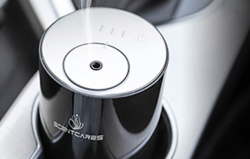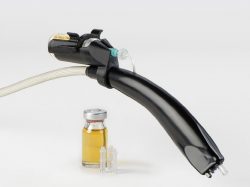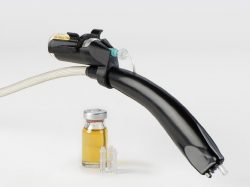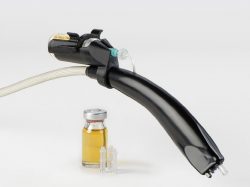The Vital Role of Inductive Components in the Medical Industry
The medical industry heavily relies on electronic devices and systems for diagnosis, treatment, and patient monitoring. These devices, from MRI machines to pacemakers, are powered by complex electronic circuits that often include medical electronic components like inductors and transformers. This blog post will explore the critical role of electronic components for medical devices in the medical industry.
Medical Electronic Components in Medical Imaging and Diagnostic Equipment
Medical imaging and diagnostic equipment such as MRI machines, CT scanners, and ultrasound machines are essential tools in modern healthcare. These machines use sophisticated electronics to generate images of the body’s internal structures. Inductive components play a crucial role in these systems.
For instance, in MRI machines, these medical devices electronic components are used in the RF circuits to tune the operating frequency and filter out unwanted signals. In CT scanners, transformers are used in the high-voltage power supplies for the X-ray tubes. In ultrasound machines, inductors are used in the power supplies and signal processing circuits to ensure stable and noise-free operation.
Medical Electronic Components in Therapeutic Devices
Therapeutic devices such as defibrillators, pacemakers, and insulin pumps also rely on electronic components for medical devices. In defibrillators, transformers are used to generate the high voltage needed to deliver a shock to the heart. In pacemakers and insulin pumps, inductors are used in the power management circuits to provide stable and efficient power to the device.
These devices often require compact and reliable medical devices electronic components due to their small size and critical function. Advances in medical electronic components design and materials have made it possible to meet these requirements, enabling the development of more effective and reliable therapeutic devices.
The Future of Electronic Components for Medical Devices in the Medical Industry
As the medical industry continues to advance, the demand for medical electronic components is expected to grow. The trend towards miniaturization and wireless connectivity in medical devices will require smaller and more efficient medical electronic components. At the same time, the increasing use of electronics in medical equipment will drive the need for more reliable and high-performance medical devices electronic components.
Innovations in design and materials of electronic components for medical devices are expected to meet these challenges. For instance, new materials and manufacturing techniques are being developed to produce smaller and more efficient inductive components. These advances will enable the development of new medical devices and systems, improving healthcare outcomes and patient quality of life.
Medical electronic components are vital to the operation of many medical devices and systems. They ensure the reliable and efficient operation of medical imaging and diagnostic equipment, enable life-saving therapeutic devices, and will play a crucial role in the future of the medical industry. As the medical industry continues to evolve, these electronic components for medical devices will continue to be at the heart of medical innovation.































































